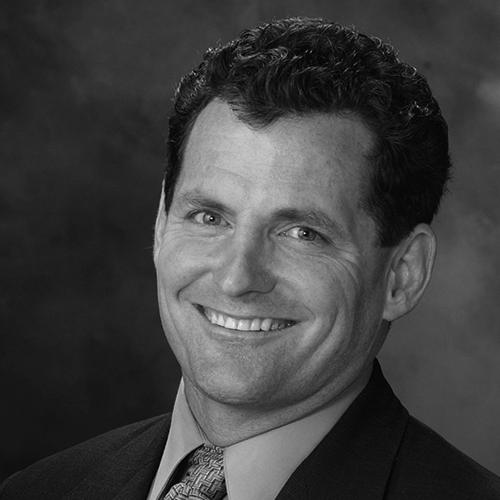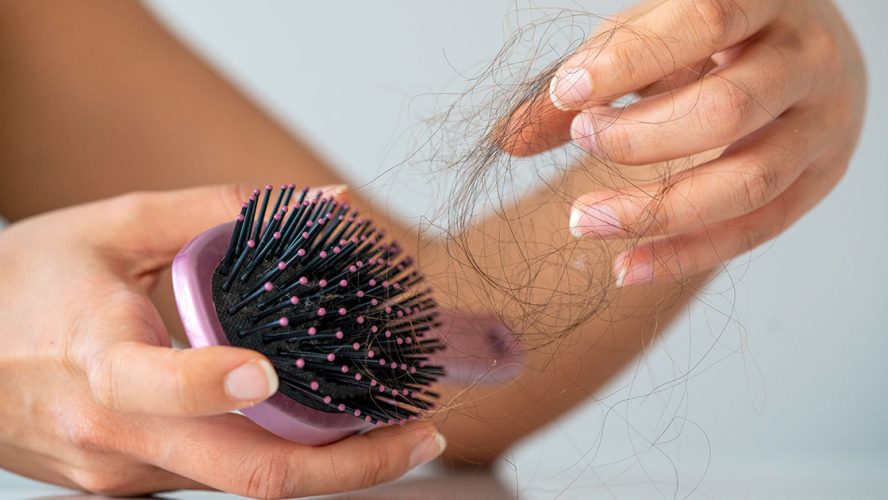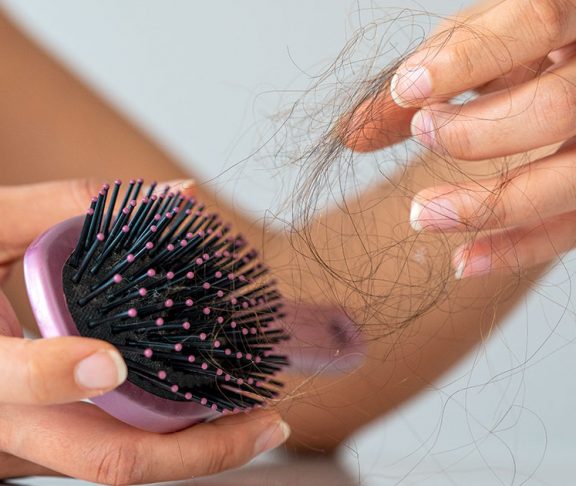
Dr. Paul J. McAndrews
President, The International Society of Hair Restoration Surgery (ISHRS)
While the procedures can be great solutions for people with hair loss, it’s important to learn about surgical hair restoration and consult a doctor.
“This is a journey. It doesn’t stop hair loss,” says Dr. Paul J. McAndrews, FISHRS,
president of the International Society of Hair Restoration Surgery (ISHRS), a global non-profit medical association and the leading authority on hair loss treatment and restoration. “This is an aging process that we’re treating.”
According to a 2019 practice census survey, ISHRS members treated more men than women – 84.2% men, compared to 15.8% women – for surgical hair restoration procedures. Over half of all surgical patients worldwide were ages 30 to 49 years old.
Read on as Dr. Paul McAndrews details the questions prospective patients need to ask about surgical hair restoration.
Why am I losing hair?
Reasons for hair loss can include genetics, illness or disease, as well as lifestyle factors such as smoking, stress, or exposure to chemicals. A doctor can help the patient determine the root causes of their hair loss and the appropriate treatment for that specific form of hair loss.
What is surgical hair restoration and how does it work?
Hair transplant surgery helps restore naturally growing hair by surgically taking hair from the sides or back of the scalp and moving it to areas that are thinning or bald. Surgical hair transplants are permanent and can be used on the scalp, as well as eyelashes, eyebrows, and other facial or body hair.There are two types of donor harvesting methods. The first, linear excision, or linear
ellipse strip harvesting, involves taking an ellipse of skin and hair and the small grafts are individually dissected keeping intact the naturally occuring follicuar units — small naturally occurring hair bundles — using a stereoscopic microscope. This technique is closed with stitches, leaves a linear scar, and is confined to one area.
The other method is called follicular unit excision (FUE), which involves moving follicular units from the scalp to a permanent hair loss area. While FUE doesn’t require stitches, the follicular units are individually extracted using a small round micro punch, resulting in thousands of small cuts in the skin.
What’s my hairline going to look like?
Patients need to have a hairline that looks natural, not too low or severe. Be realistic about what you can expect so you won’t be disappointed.
“Sit down with the doctor and make sure you understand what is going to be delivered,” says Dr. McAndrews, noting half of the hair restoration surgeries he does are corrective.
What’s the timeline?
Get a hair restoration transplant when it’s the right time for you. The procedure, done under local anesthesia, can take four to eight hours.
Two to four weeks after the procedure, the hair falls out. Four months in, there’s not much growth. Then by six months the hair growth is noticeable. It takes one year for a full hair recovery.
What does aftercare look like?
Patients should expect to wear a hat for a week, as well as Vaseline in the area of the transplant.
People may need more than one procedure to meet their hair goals, says Dr. McAndrews. Often patients want another hair transplant, but he recommends waiting a year before doing additional procedures.
How should I choose a doctor?
Dr. McAndrews advises getting your hair loss evaluated by a dermatologist. Then look at the doctor’s training and credentials and find out who will be performing your procedure. It is against the law for non-physicians to perform the hair transplant surgery, but unfortunately there are several clinics throughout the United States and the world that allow unlicensed technicians to illegally perform the hair transplant surgery. To locate a physician in your area, visit the ISHRS website at www.ishrs.org.He suggests getting a second opinion, too, since the more educated you are, the better
How much does it cost?
Hair transplantation surgery is expensive, but patients consider it a long-term investment. Dr. McAndrews says there are many factors that impact the cost of hair restoration surgery, including the type of procedure performed, the extent of hair loss and how many grafts are needed, and where the procedure will be performed.
Get more information about hair loss and hair restoration surgery: http://ishrs.org/patients/treatments-for-hair-loss/

